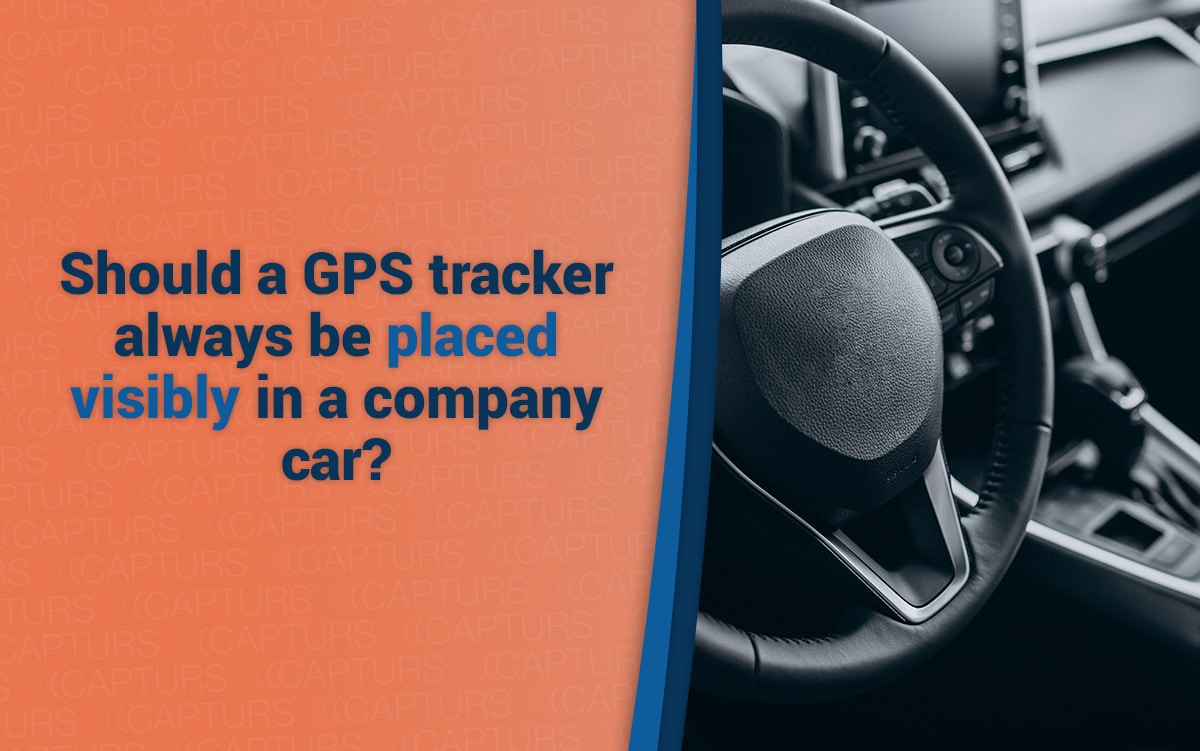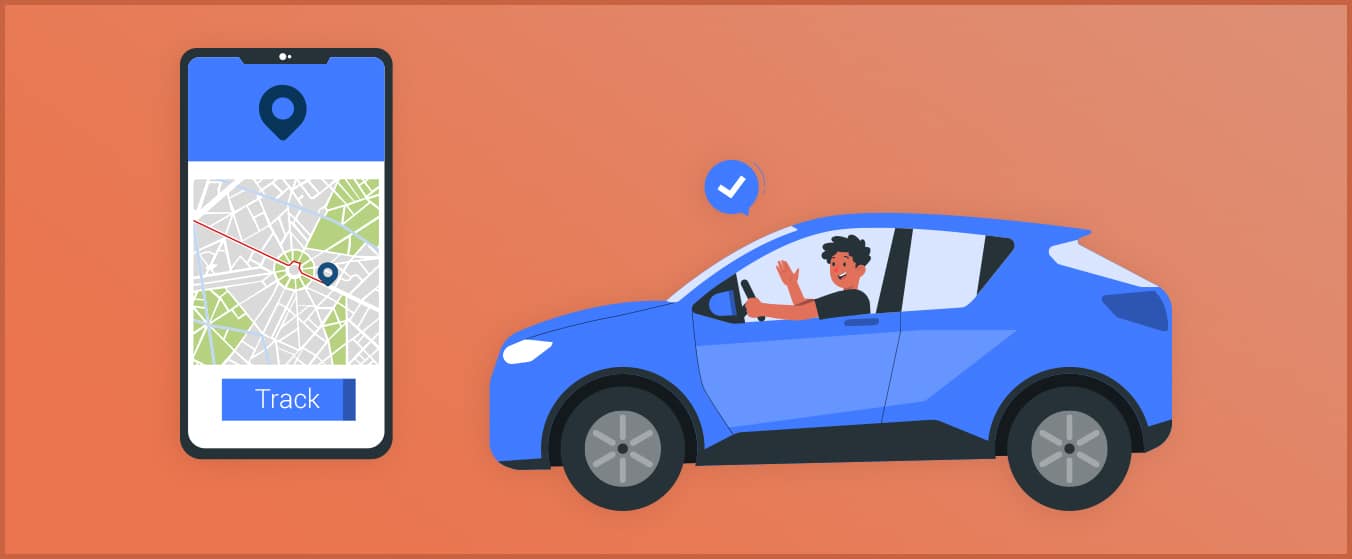Should a GPS tracker always be placed visibly in a company car?

Tracking the position of a fleet of vehicles requires the employer to respect certain rules set out by the CNIL, in particular, in order to proceed with the installation of GPS trackers in all legality. It is important to know where to place the GPS trackers and how to do it, as well as to ensure the respect of the personal data rights of the employees geolocated in the framework of their work.
When the company has to proceed with the steps to set up its geolocation system, it can ask itself if it is wise to warn its employees that their vehicle is geolocated. This will have an impact on staff behavior, which may be different if they know they are being monitored. In addition, tracking can lead to a decrease in employee morale as they lose confidence in their employer.

Is it possible for the employer to discreetly place GPS trackers in the vehicles used by its employees to follow them without their knowledge? Can the company punish an employee who does not follow the rules on vehicles based on the GPS tracker?
➡ We’ll help you make your fleet geolocation legal and lawful.
Is it possible to install GPS trackers in a fleet of vehicles without informing the employees?
We do not advise you to hide from your employees that a geolocation system is installed in their vehicle. Indeed, the law as well as the rules of the CNIL and the RGPD regulation severely punish any company that does not take the trouble to warn its employees that they are tracked by GPS. It is the employer’s duty to inform his employees (read more about the rights and duties of the company and its employees whose vehicles are geolocated).
It is important to know that any sanction of the employer towards his employees following a non-respect of the rules in force in the company (an employee who uses a company car on weekends, for example) is not legal and therefore not applicable. Therefore, there is no interest for the employer not to inform his employees that they are followed by a geolocation system.
The employee must be aware of several pieces of information:
- the person responsible for the processing and the recipient of the data
- the right to legitimate opposition
- his access to the interface and to his personal data
- the objectives of the tracking of the fleet of vehicles, etc.

Employees must be able to exercise their right to disconnect. This implies being able to stop the transmission of personal data when the employee is no longer using the vehicle for work purposes (break times, work-home journeys, etc.). The employee must be in control of the transmission of his data. At any time, he/she must be able to connect to the platform using a personal access (unique identifier and password) and apply the private mode. However, they must not abuse this right to disconnect.

Does the GPS tracker always have to be visible to the employee in his car?
The GPS tracker in the company car does not necessarily have to be visible. In fact, it is enough for the employee to be warned that he or she is being tracked by a geolocation system for the company to be in full legality.
There are several sizes of GPS trackers, depending on the model or brand. While smaller GPS trackers can be more easily hidden, it is the stand-alone aspect of the device that will have a strong impact on the visibility of the unit.

Some GPS trackers are self-contained and hide perfectly in the corners of the vehicle. They do not need any connection and operate on battery or battery.
The company has the right to install GPS trackers called “snitch” or “spy” provided that employees are aware and that it respects the rules of the CNIL. These GPS trackers can be very effective especially in case of theft of the vehicle since they are hidden and not very visible.
Other GPS trackers will necessarily be visible. Indeed, this is the case of GPS trackers that require a connection. There are GPS trackers that can be connected by USB cable, by the cigarette lighter socket, by the OBD socket or directly on the vehicle’s battery. These GPS trackers are recommended for fleet monitoring, although they can have other uses. They are visible, easy to access, can be removed or turned off easily.
